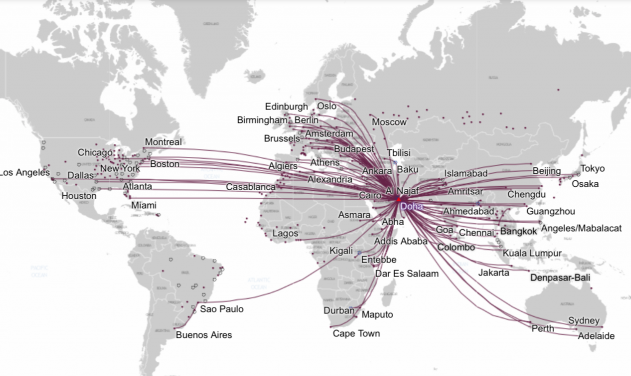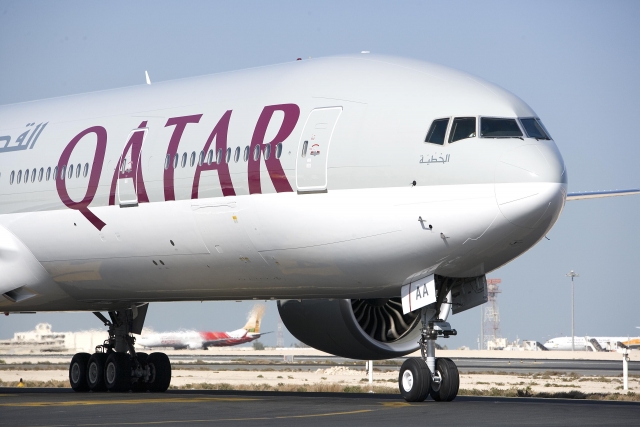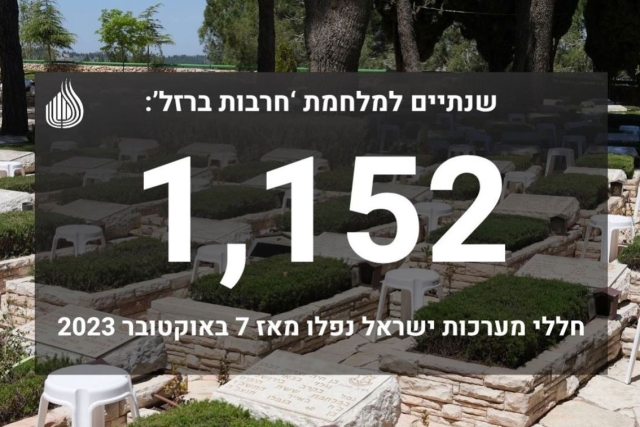Qatar Airways Plans Flights to 80 destinations by June

By the end of June, Qatar Airways aims is to have 80 destinations in its schedule including 23 in Europe, four in the Americas, 20 in Middle East/Africa and 33 in Asia-Pacific.
Many cities will be served with a strong schedule with daily or more frequencies. But the situation will be watched due to fluidity as the world emerges from the COVID-19 pandemic.
Currently the airline continues to operate flights to more than 30 destinations around the world. By the end of May, the airline plans to grow its network back to over 50 destinations* resuming services to cities such as Manila, Amman, and Nairobi. A further number of destinations* are planned to be added by the end of June.
The gradual expansion will focus initially on strengthening connections between the airline’s hub in Doha with the global hubs of its partner airlines around the world including London, Chicago, Dallas and Hong Kong along with reopening many major business and leisure destinations such as Madrid and Mumbai.
Qatar Airways Group Chief Executive H E Akbar Al Baker said today in Doha: “Throughout this crisis our passengers have been at the centre of our focus. Our airline has implemented industry-leading hygiene practices and commercial policies enabling our passengers to book and travel with confidence. We have maintained a flexible and agile network to help take over 1 million people home through our state of the art hub in Doha and to transport more than 100,000 tonnes of essential medical and aid supplies to where they are needed."
While the situation remains hugely dynamic, Qatar Airways has made a number of assumptions based on its unique perspective, having been one of the only carriers to operate globally in recent months. With entry restrictions constantly evolving, accurately predicting future travel is challenging. However, while the expectation is that short haul travel will rebound first, business between large global cities will pick up more gradually and there will be a move towards visiting family and friends following months of lockdowns, he said











